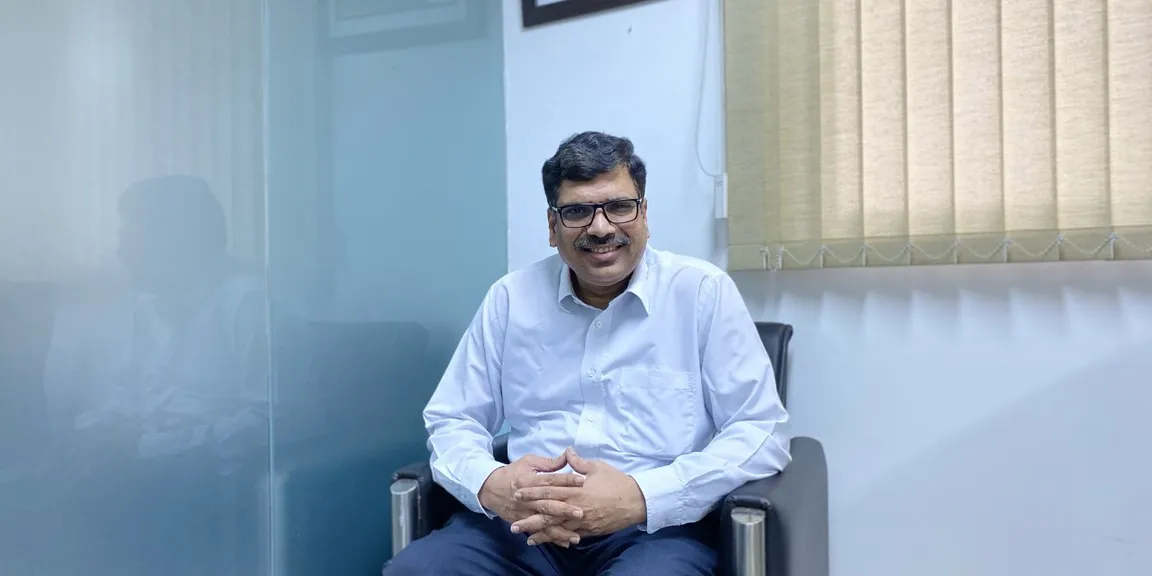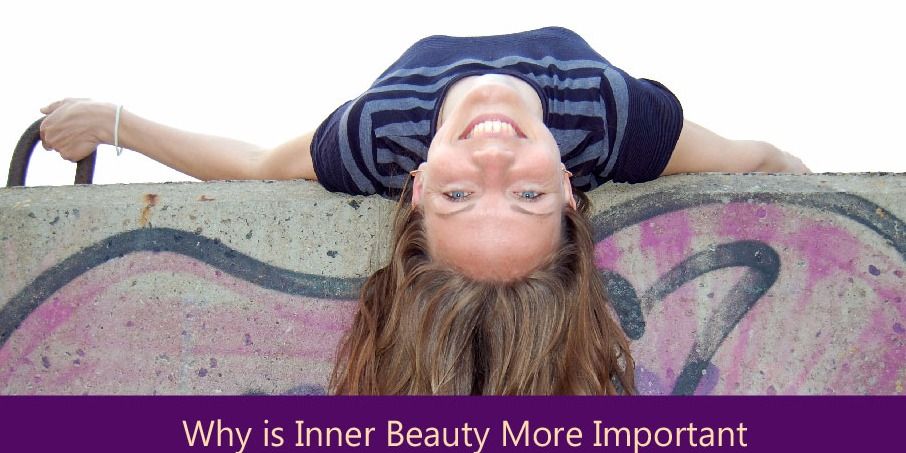

2020: How it affected Emotional Wellbeing of Children and what we can learn from it about Child Care
For Neelam (name changed), a class 6 student from Visakhapatnam, her 11th birthday that fell on 22 April 2020 turned out to be a memorable one. Her siblings, about eight of them, who had just learned how to bake, by taking part in a workshop during the lockdown, pleasantly surprised her with a special birthday cake that they baked with their loving tender hands. Sakshi was on cloud nine. Etched on her memory was not just her birthday but also many other special occasions in the recent past. While at home, away from school, she had lots of time at her disposal to spend with her siblings. She could try her hands with paintings, paper arts, and other crafts - many of them for the first time. She cultivated fresh vegetables, and also learned to raise flower gardens. All the while, she did not have to miss her education, as she attended online classes from the comfort of her home.
Neelam is one of the 6,500 children who lives in the 400-odd family homes in one of the 32 programme locations, called Children’s Villages, which belong to SOS Children’s Villages of India, spread across 22 states in the country. These Villages are based on what the government now recognises as facility of ‘group foster care’, meant for children who are abandoned and lack parental care. As ever, the children at the Villages had availed care from their committed mothers (‘SOS Mothers’, the caregivers, who are professionally trained to provide family-like childcare), even as the pandemic, and the extreme weather conditions were ravaging the country. SOS Mother provides a long term care to a child under her care and through long term relationship helps the child to overcome the past trauma.
But millions of children of Neelam’s age, especially those who belong to the families of marginalised socio-economic backgrounds had lost, some permanently, the protection, love, and care of their parents and the society during 2020, the year of unprecedented calamities: four cyclones (Amphan, Nisagra, Nivar, and Burevi) and a raging Covid -19 pandemic.
As the youngest country in the world with over 40% of its population below 18 years of age, India today has the largest number of children who are affected by disasters in countless ways.
As the disasters struck, one after another, these took away children’s food; aggravated their existing health issues - most of which were induced by malnutrition. The disasters meant contamination of water, and thus diarrheal diseases.
Though food supply resumed, and medical interventions that subsequently followed made the physical conditions of children better, they nevertheless carry emotional scars that might take a long time to heal, if at all they do. These kids are terribly frightened by the disasters; loss of their homes and possessions; evacuation, and displacement of their families; loss of lives of loved ones in their or extended families or neighborhood; despondency of their parents who lost their livelihood, and worse, domestic violence and abuses - sexual included. There are many among them, who still have no one to turn to outside their shelter-turned-nightmares, with their schools closed, and communities collapsed.
As we turn back and look at the plight of these children, we must accept that 2020 has threatened the physical as well as emotional wellbeing of the children especially during the times of disasters, natural and man-made.
We at SOS Children’s Villages of India have reached out to about 15,000 children during emergencies and disasters of 2020 through our outreach programmes, while still continuing to do our best to take care of the overall wellbeing of thousands of children like Neelam, who are under our direct care. Our Family Strengthening Programme works on building capacities at the level of vulnerable families and communities, benefitting nearly 35,000 people, directly reaching over 20,000 children and youth. We also work with many state governments sharing our expertise in their efforts to protect child rights, safety, employability, and entrepreneurship.
What we find from our experience is that protecting children starts with capacity building at communities - to identify vulnerable families, safeguarding and upholding their household income; supporting and counseling them on holistic child development, preventing these children from not only losing parental care but get most of it. And thereby restoring the livelihoods of families, inevitably to create happy and healthy homes for the children in their own communities
Another critical piece of intervention is to create child care spaces alongside adhoc or permanent infrastructure created to take care of those affected by disasters and pandemics - so that materials and professional services of emotional healing, education, and physical health are provided in a child-like environment.
As a country, prone to natural disasters owing to its unique geo climatic conditions - the Global Climate Risk Index Report 2019 ranks India as the fourteenth most vulnerable country to natural disasters, the occurrences of such calamities are likely to increase in the near future. We must lose no time in 2021 to add more capacity for interventions that would help our children emerge unscathed by the devastating effects of extreme weathers and pandemics. In 2020, we at SOS Children’s Villages added 2,500 new children to our fold, and next year, we want to build our capacity to add 8,500 new kids. SOS Children’s Village is committed to promote quality care in the care setting that is most appropriate for each child.Together, we can emerge wiser from 2020 and make the future more promising for children, especially those who are less privileged.

.png)

